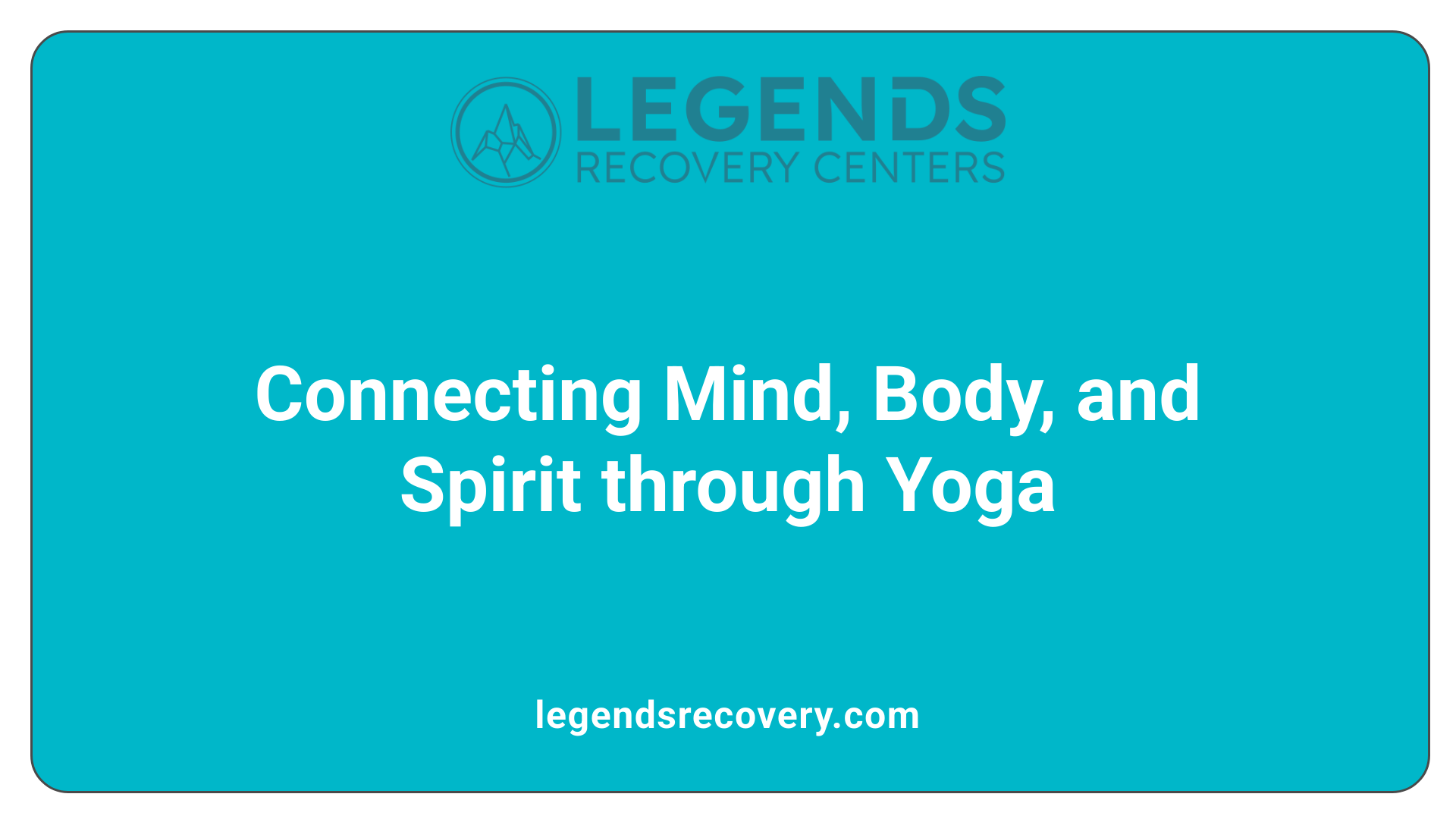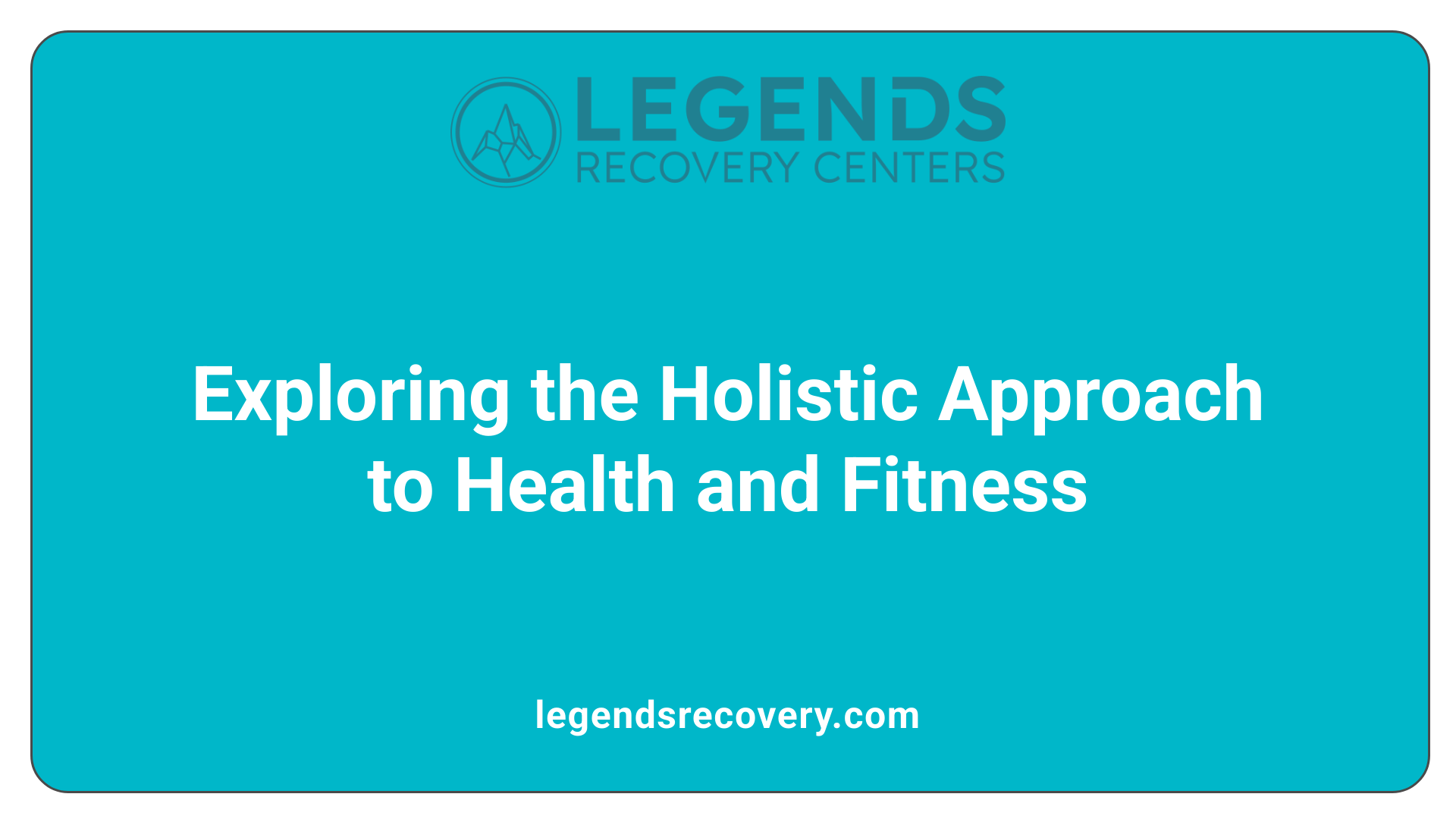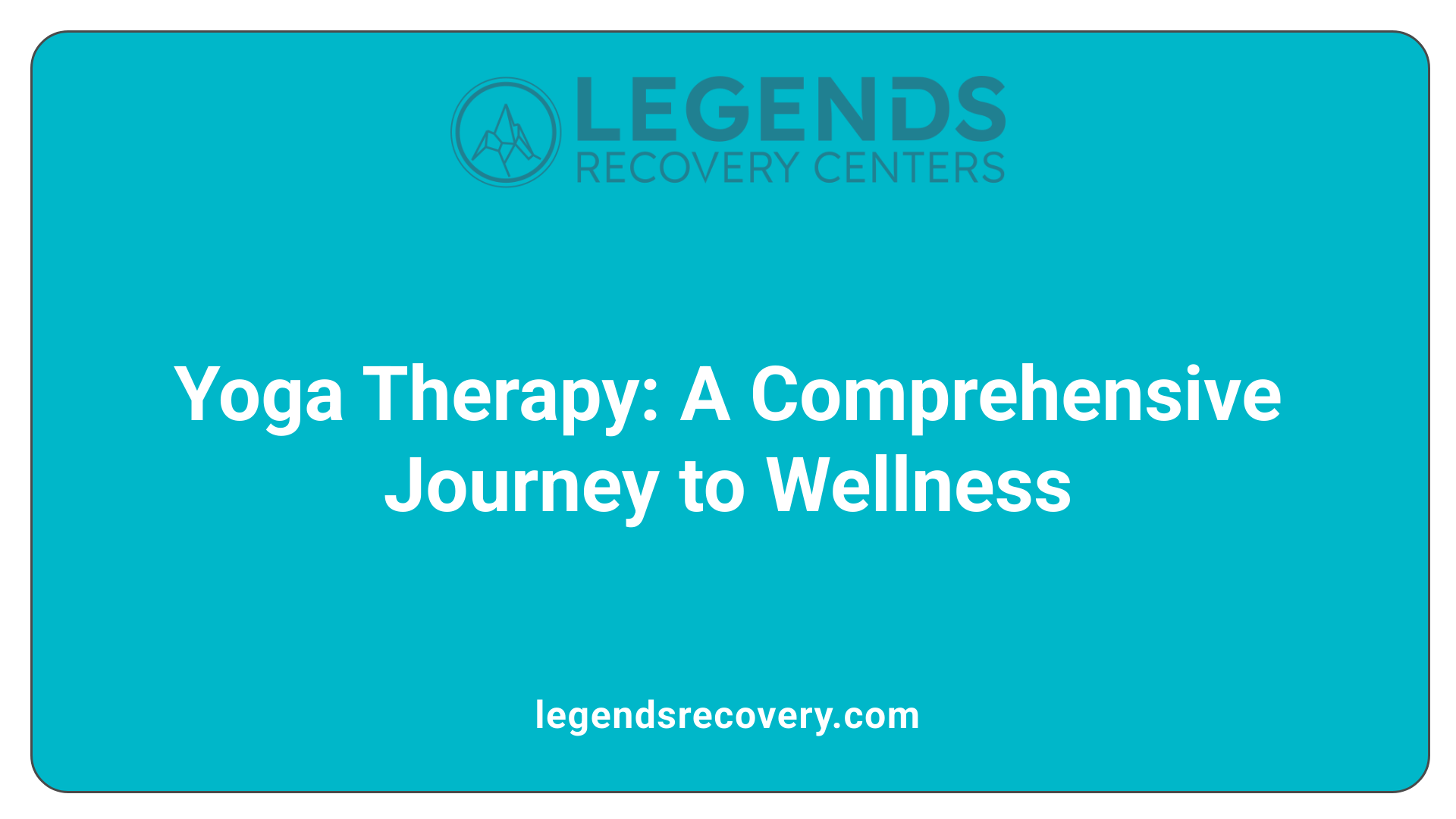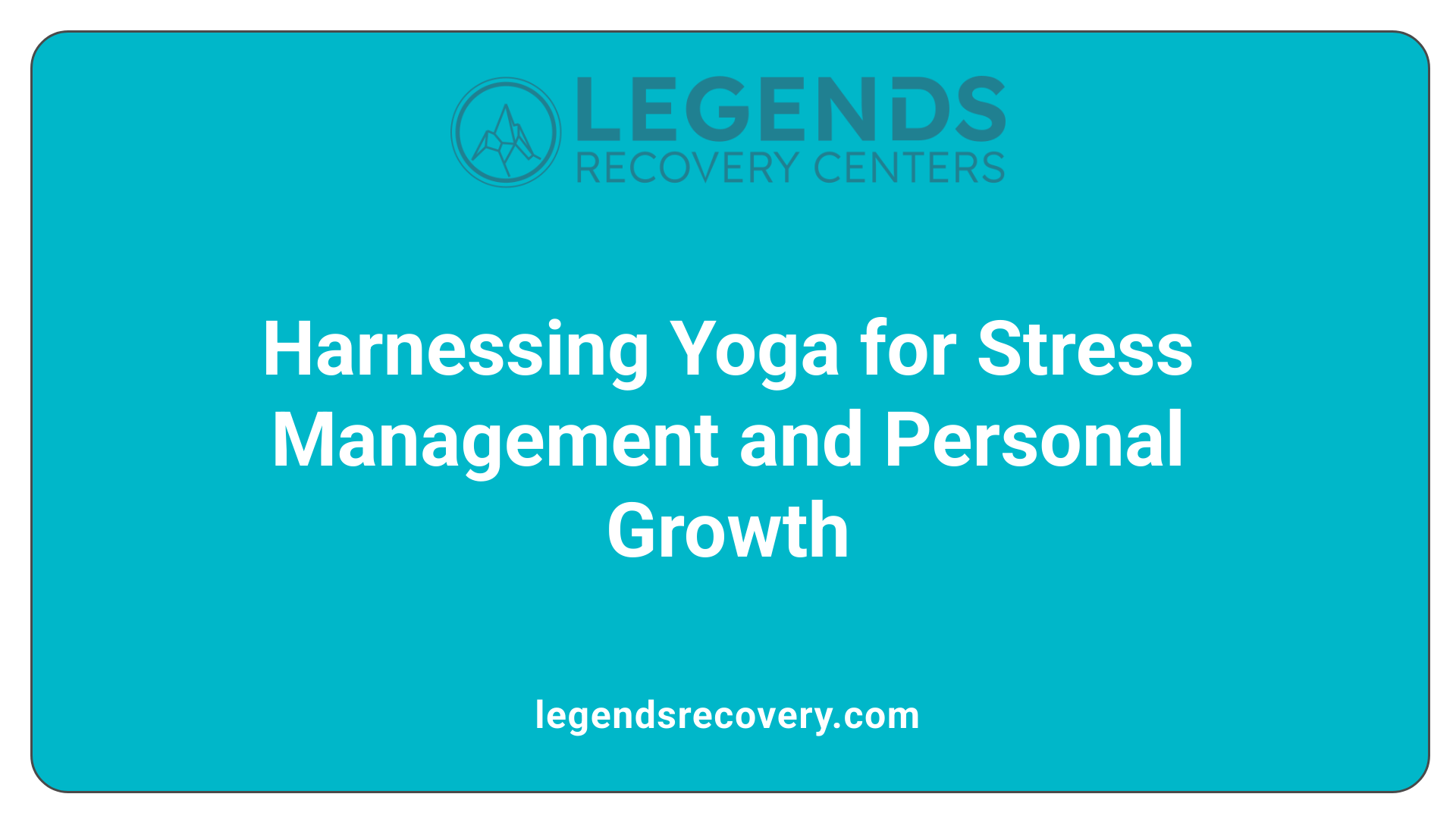The Transformative Power of Yoga in Holistic Health

In recent years, yoga has transcended its ancient roots to become a globally recognized practice for enhancing wellness. At the core of its popularity is the holistic approach it offers to health, integrating the physical, mental, and spiritual dimensions of well-being. This narrative explores how yoga and fitness programs contribute to holistic healing, emphasizing their role in improving physical health, emotional balance, and spiritual growth.

Yoga serves as a bridge connecting the physical, mental, and spiritual aspects of well-being. Through deliberate movement and mindfulness, practitioners become more attuned to their internal states, fostering greater self-awareness and overall health. This includes:
The practice of yoga has been shown to significantly boost the immune system. Specific techniques employed in yoga, including asanas, pranayama (breathing exercises), and dhyana (meditation), create a synergistic effect, resulting in:
| Immune Benefits | Effects on Health | Key Techniques |
|---|---|---|
| Increased immune function | Reduced illness frequency | Pranayama, Asanas |
| Regulation of stress hormones | Enhanced recovery from chronic illnesses | Dhyana, Deep Breathing |
| Decreased inflammation | Lower risk of chronic diseases | Mindfulness, Meditation |
Yoga contributes significantly to holistic health by:
In conclusion, yoga emerges as a comprehensive practice that nurtures the physical, mental, and spiritual dimensions of health, making it a vital component of holistic healing.

A holistic approach to health and fitness emphasizes the interconnectedness of the mind, body, and spirit. This perspective recognizes that physical health can be influenced by mental and emotional factors, and vice versa. It encourages individuals to adopt a balanced lifestyle that includes:
This approach also considers factors such as environment, personal relationships, and beliefs, which all impact overall health. By fostering harmony and balance across these areas, individuals can achieve sustainable wellness.
The synergy between mental, emotional, and physical health is pivotal. For instance, yoga and meditation not only enhance physical flexibility and strength but also cultivate emotional resilience and mental clarity. This interconnectedness suggests that improving one area can lead to positive changes in others.
To thrive holistically, it's vital to integrate physical activity, healthy nutrition, and mindfulness into daily life. This balanced approach not only boosts physical fitness but also enhances mental well-being, fostering a fulfilling and harmonious life.
Holistic health is shaped by various factors, including lifestyle choices, social connections, environmental conditions, and mental attitudes. Engaging with the community, nurturing relationships, and making conscious health decisions are all integral to enhancing overall health and well-being.

The holistic approach of yoga therapy emphasizes the integration of physical, mental, and spiritual well-being, distinguishing it from other forms of exercise. Through practices such as:
Additionally, yoga enhances mental wellness by increasing the production of hormones like Oxytocin and Endorphins, both linked to improved mood and overall outlook on life. Regular practice alleviates stress, regulates sleep patterns, and can boost cognitive function, particularly beneficial for older adults.
Integrating yoga therapy with other wellness practices can enhance its comprehensive benefits. Mindful movement, relaxation techniques, and social interaction foster connections that deepen emotional healing. Group yoga sessions encourage community support, combating feelings of isolation and enhancing communal healing. Incorporating yoga into a broader health regimen potentially leads to systematic improvements, promoting more balanced lifestyles and holistic wellness.
Yoga therapy serves as a valuable alternative for managing chronic conditions. Its focus on gentle movements and mindfulness techniques emphasizes stress reduction, addressing issues related to:

Yoga is a powerful ally in managing stress and fostering personal growth. Its impact begins with regulating the body's stress response, primarily through the autonomic nervous system. By practicing yoga, individuals can lower cortisol levels—often referred to as the stress hormone—thereby promoting relaxation and emotional stability.
Through techniques like controlled breathing (Pranayama) and mindful movement, yoga enhances the relaxation response, allowing for better management of anxiety and stress. Studies indicate that practicing yoga can lead to significant reductions in stress levels, with up to a 14% decrease in cortisol noted in various research. This not only aids in immediate stress relief but also contributes to long-term emotional resilience.
Engaging in yoga also fosters emotional regulation. It encourages individuals to develop a deeper understanding of their mental states, enhancing emotional intelligence and helping them cope with life's challenges more effectively. Furthermore, participating in group yoga classes nurtures community support, which plays a crucial role in personal growth and healing, offering social connections that reinforce emotional well-being.
Ultimately, the cumulative effects of yoga extend beyond physical health. Regular practice cultivates self-awareness, empowering individuals to make conscious choices aligned with their well-being. This journey of personal growth through yoga enriches one's life, fostering a balanced approach to stress management and emotional health.
Extensive scientific research highlights the numerous health benefits associated with yoga. Studies demonstrate improvements in physical health, including enhanced flexibility, balance, and strength, which collectively reduce the risk of injury. Moreover, yoga practice significantly lowers stress levels by decreasing cortisol, promoting relaxation, and supporting cognitive functions such as memory. The connection between mind and body cultivated through yoga is essential for fostering emotional resilience and self-regulation.
Research supports yoga as a robust intervention for managing chronic pain, especially lower back pain, with the American College of Physicians recommending it as a first-line treatment. Gentle yoga can alleviate discomfort for individuals with arthritis and other chronic conditions. Additionally, it is shown to be effective at reducing symptoms of depression and anxiety, often offering longer-lasting benefits than conventional relaxation techniques. As a non-pharmacological option, yoga enhances mental health by promoting mindfulness and emotional balance.
Integrating yoga into holistic health practices enables a comprehensive approach to well-being. By addressing both physical and mental health dimensions, practitioners can experience improved overall quality of life. Scientific evidence supports yoga's benefits in enhancing immune function and managing chronic diseases, establishing its role as a valuable complementary therapy in health routines. The cumulative effect of these findings reinforces yoga's position as a therapeutic tool for holistic healing.
| Benefits of Yoga | Physical Health | Mental Health |
|---|---|---|
| Flexibility and balance improvement | Reduces symptoms of depression | Enhances emotional resilience |
| Lowers stress and anxiety levels | Improves chronic pain management | Increases mindfulness levels |
| Boosts immune response | Supports better sleep quality | Improves cognitive functions |
| Aids in rehabilitation | Decreases reliance on medications | Fosters self-awareness |
This table summarizes the multifaceted benefits of yoga, illustrating its value in promoting holistic health and well-being.
Yoga and fitness programs present a valuable avenue for achieving holistic well-being. By fostering connections between the mind, body, and spirit, they enhance physical health, emotional stability, and spiritual wellness, leading to a balanced life. As scientific research continues to validate these benefits, incorporating yoga into daily routines can support a transformative journey towards holistic healing and optimal health.